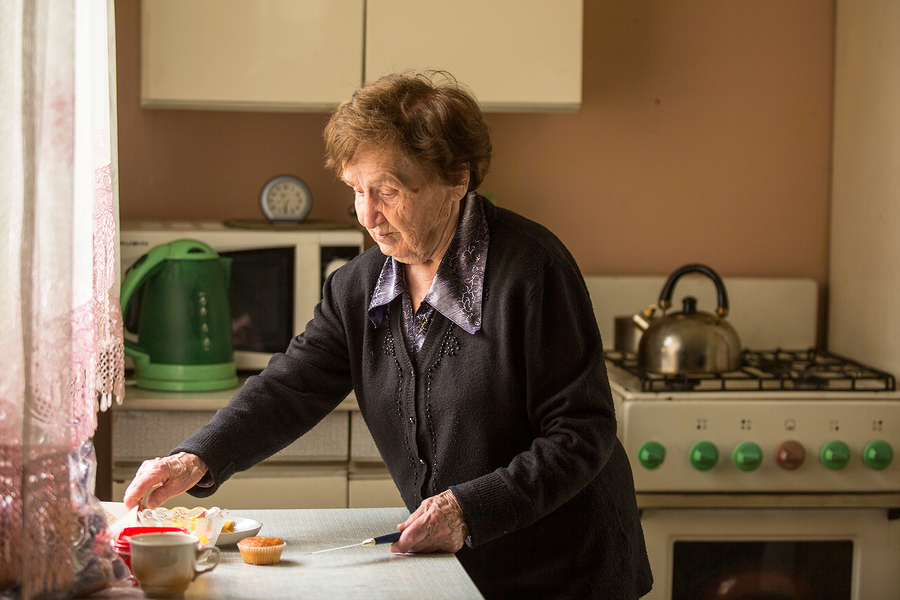Beyond Alzheimer’s Disease: Other Reasons For Memory Issues

As people age, one of the biggest fears is losing their memory. This is partly due to most people relating memory loss directly to Alzheimer’s Disease. It’s important for seniors and loved ones to understand that memory loss might be associated with other issues. No matter the reason, having companion care at home will help seniors by supporting them with the daily basics they need.
Other factors contributing to memory loss include simply getting older, a medical condition, emotional issues, mild cognitive impairment, or another form of dementia that is not Alzheimer’s. Continue reading to learn more about each.
Memory Loss Associated With Aging
Unfortunately, forgetfulness often comes with growing older. Senior brains, along with the rest of their bodies, go through various changes as they age. Consequently, some seniors may observe difficulty when trying to learn new things or retain knowledge. They may also misplace things more easily than they once did. The good news is that these issues are typically not indications of serious memory issues such as Alzheimer’s disease.
Memory Issues Related to a Medical Condition
Memory issues might be severe for people who have certain medical disorders. Once they have their medical condition under control, the issues should subside. The following are examples of medical illnesses that may lead to memory problems:
- Brain conditions such as tumors, clots of blood, or infections
- Some thyroid, kidney, or liver disorders
- Issues with alcohol use
- A concussion or other head injury sustained as the result of a fall or other mishap
- Adverse reactions to a medication
- Inadequate consumption of certain nutritious foods
Having companion care at home supports seniors by monitoring their daily routines and noticing changes in their behaviors or spotting memory issues. Medical concerns should be discussed with medical professionals to ensure that seniors get the care they need.
Memory Loss and Mental Health
Seniors’ forgetfulness may be exacerbated by mental health issues such as anxiety, stress, or depression. Unfortunately, this can be misinterpreted as dementia. A good example of this is a senior who has just recently retired or who is coming to terms with the loss of a spouse, relative, or friend and is experiencing upsetting emotions such as sadness and worry. As these feelings continue, they might lose motivation, become frustrated, or even become confused and forgetful.
With companion care in the home, these feelings can be recognized early, allowing for proper treatment. Additionally, home health aids can fill a gap when seniors need the motivation to remain active and socialize.
In most cases, forgetfulness is fleeting and disappears once the associated issues are managed. If loved ones notice these issues continuing for more than two weeks, they should discuss the situation with seniors and companion care at home, as well as medical professionals. Seniors’ ability to feel better and improve their memory can both be helped with love and support from those closest to them.
Not only can companion care at home help with monitoring issues that might arise with seniors, but they can also assist with cooking, cleaning, and transportation.
Source:
https://www.aarp.org/health/brain-health/info-2020/avoiding-cognitive-decline.html
https://www.alzinfo.org/just-forgetful-or-is-it-dementia/
https://www.webmd.com/alzheimers/guide/diseases-like-alzheimers
Subscribe
Date: May 25, 2023


